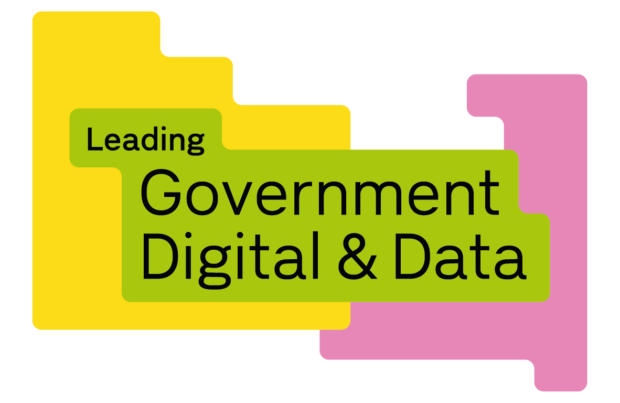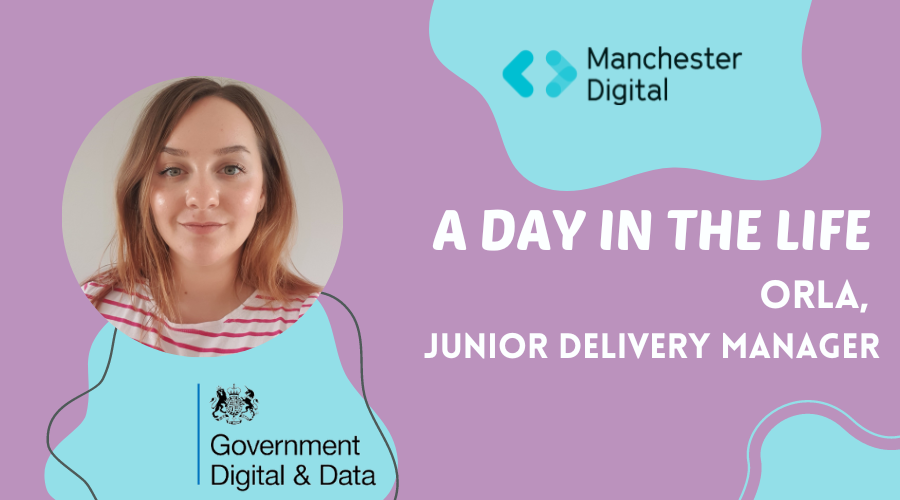Data Architect - NS&I - G7
Government Digital & Data -
The Data Architect is a key role in the Enterprise Architecture (EA) team, providing expert guidance to the Business in how to manage the data of the 25+ million customers who save with NS&I.
Reporting to the Head of Digital Enterprise Architecture, the Data Architect will ensure that data-related activities carried out by outsourcing partners support our in-flight delivery activities are in line with NS&I architecture.
The Data Architect facilitates the construction and use of data models, standards, quality metrics and policies. These underpin delivery of strategic outcomes, enabling business leaders to understand, apply, monetise and operationalise data exploitation capabilities. In turn, this moves NS&I towards a ‘data-first’ decision making culture in a robust and efficient manner.
Job description
Contribute to and execute on the IT strategy to ensure the delivery of NS&I’s Business goals
- Work with EA peers (e.g., Cloud and Security, Business, Application and Infrastructure Architects) to analyse enterprise business context (business strategy and trends), as well as requirements for change across enterprise architecture The primary purpose is to derive the future state high-level data architecture underpinning the delivery of required business outcomes.
- Assure conformance to key data architectural principles for all data solutions in the business to follow by working with service partners.
- Ensure that solutions underpin and actively support the delivery of business value from data, and identifying where additional data capture may be required.
- Ensure data governance is reflected in the software delivery
- Define appropriate longer-term data storage and management
- Define and maintain canonical Conceptual Data Models, high-level Data Flow models and Data Lifecycle models.
- Define and maintain data glossaries at enterprise
- Define and maintain data sharing principles between platforms to minimise impact of change on connected systems, while ensuring data consistency and reliability are not
- Define and maintain enterprise data
- Contribute to Enterprise Architecture development and implementation.
Ensuring that the capabilities are in place for NS&I to exploit the business value provided by their data assets
- Engage with subject matter experts across NS&I and service partners to deliver technology solutions and business insight.
- Collaborate with service partner architects to ensure the most appropriate data solutions are selected, while having an awareness of the impacts that may have on the project deliveries (e.g. in terms of cost, complexity, or feasibility).
- Lead process of assessing and implementing data model changes to support effective data insights and enable effective information for key decisions.
- Ensure the processes and procedures are in place for data platforms to achieve their potential, and monitored regularly to ensure they are fit for purpose
- Work with the Security Architect and Risk Management to ensure that data solution design takes account of regulatory frameworks (e.g., GDPR), and to contribute to definition of risk mitigation plans, where appropriate.
Ensure that key project deliveries are delivered in line with all appropriate standards, principles and governance
- Ensure that source systems and data platforms are following the correct architectural principles to support the business, both as-is and for future change, and provide expert guidance where change is required.
- Create appropriate data governance frameworks within NS&I, and ensure the appropriate levels of engagement from the service partners.
- Ensure Privacy by Design so that any data compliance standards are applied consistently and correctly across all data platforms. (Data Protection and Privacy should be treated as a primary basis for solution design, rather than an ‘add-on’).
- Support project deliveries in making sure that any changes to data platforms are understood in their entirety, and the changes being implemented follow architectural principles and align with business strategies.
- Define acceptance criteria for project deliveries to meet, and assess compliance against those criteria for projects seeking approval to proceed.
- Support Design Change Governance and Assessment of Change
- Identify, define and manage relevant architectural waivers and
- Contribute to definition of risk mitigation plans, where appropriate.
Person specification
Essential experience
- (Lead Criteria) Significant experience within complex outsourced environments using a wide range of technology, combined with public sector constraints around solution options and governance requirements.
- Significant experience of defining data architecture and governance policies and principles in an organisation, and the assurance processes to monitor
- Significant experience of working in an outsourced environment with an “outputs- based” operating model.
- Significant experience in assuring and designing data migrations, including technology choices, reconciliation approaches, and implementation
- Significant experience of implementing Data Protection and GDPR processes across distributed operational and warehousing platforms, and defining data deletion flows between systems.
- Considerable experience of software development projects (following both agile and waterfall methodologies), and implementing data platforms within those
- Considerable experience of working with master data and data sharing across multiple platforms, including ensuring consistency and normalisation rules are applied consistently between those platforms.
- Experience of designing and implementing data quality management capabilities at enterprise scale.
Essential technical knowledge and skills:
- Working knowledge of the strategic importance of data management technologies, related to delivery of business value from data:
- Data Storage and Integrity: RDBMS and non-relational technologies
- Data Integration and interaction: Extract, Transform, Load (ETL) tools and processes
- Data Replication
- Working knowledge of the strategic importance of data exploitation technologies, related to delivery of business value from data:
- Business Intelligence (BI) tools Experience of working with outsourcing partners
Knowledge of a variety of data platforms and approaches to storing and accessing both structured and unstructured data.
Desirable qualifications, experience and technical knowledge / skills:
- Experience in using architecture methodologies such as SABSA, Zachman and/or TOGAF with a TOGAF certification.
- Experience of working in Financial Services
- Experience of working with GDPR and Data Protection legislation
Technical skills
We'll assess you against these technical skills during the selection process:
- Successful candidates at sift will be assessed on their knowledge of the data processes outlined within the essential criteria.
- Presentation








